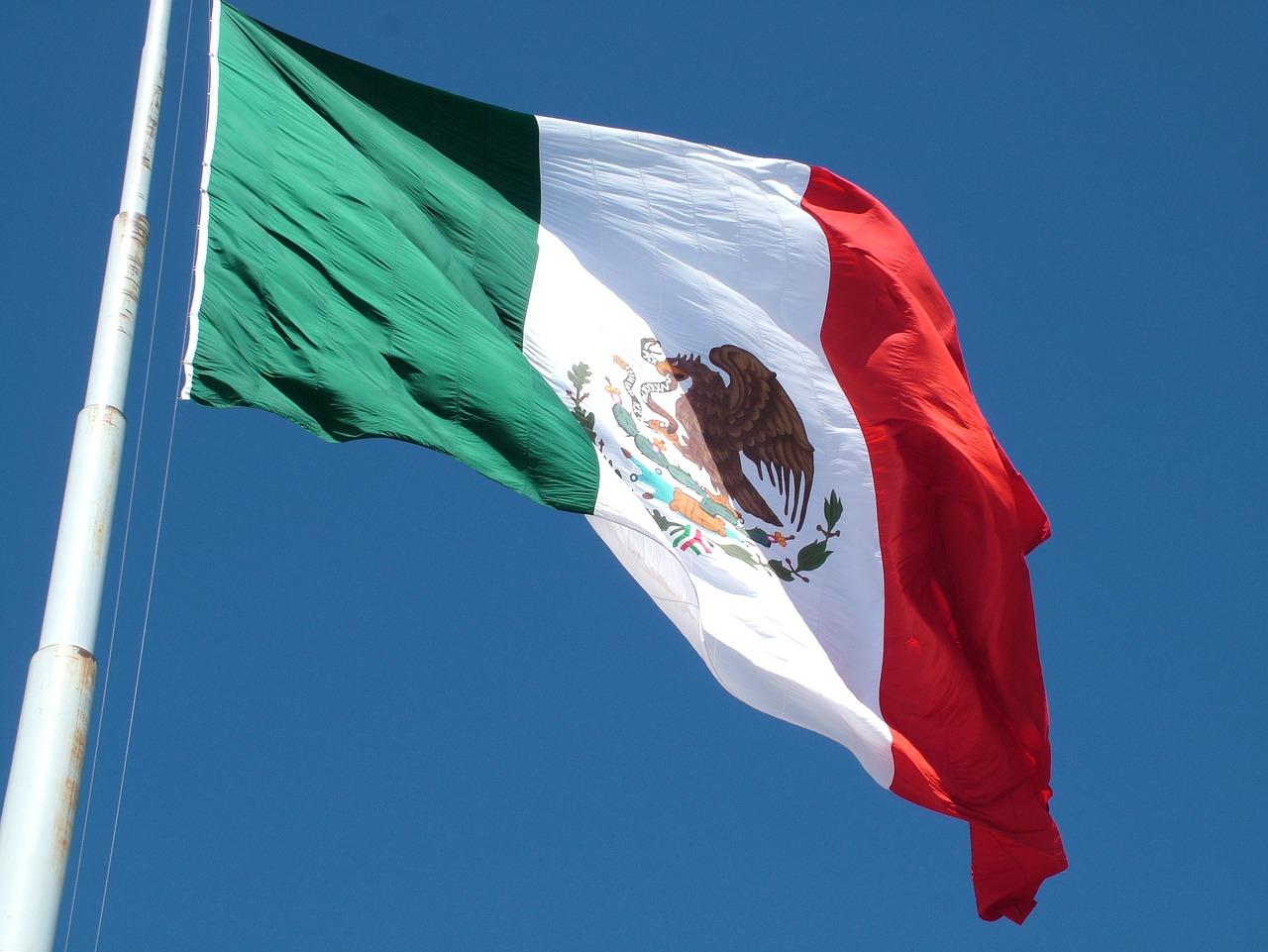As a company producing textiles, electronics, or other consumer goods, before you commit valuable resources to export your goods to foreign countries, it’s critical to understand the hurdles you may face when entering a new market abroad. International trade finance companies like Tradewind understand the pitfalls of international trade and their experts provide the much-needed assistance companies need to thrive in new territories.
Maybe you stumbled unintentionally upon the opportunity to export when a foreign company placed an order. Or perhaps it is part of your business model to expand internationally and now is the time to do so. In either circumstance, there are a few critical pieces of the export puzzle that must be in place to ensure your global success.
While the benefits of exporting include increased sales and profits in addition to gaining global market shares, the formidable challenges faced when entering the international marketplace, especially for small and medium-sized enterprises, could leave a company sidelined.
Entering International Trade
Expanding into a new country is a serious undertaking. It has financial implications as well as political ones. Understanding a foreign market can be time-consuming and frustrating when trying to obtain reliable information regarding relevant market data or trade practices. Other factors for your consideration when opening an international exchange may include, but not limited to:
- Export Licenses and Documentation
- Financial Risk
- Extra Costs
- Product Modification
Managing all of these requires capital that may not be readily accessible. While the international orders may be flying in, you may not have the cash on hand to modify your product to meet foreign country safety and security codes or to meet the importing country’s labeling or packaging conditions.
Or perhaps your money is tied up in the inventory currently in production, leaving little for the extra costs associated with exporting. Whatever the situation is, trade financing may be the solution to ensure the success of your expansion into these new territories.
Solutions for Your Exporting Business
In international trade, the biggest challenge is the financial risk involved for both parties. Exporters would like importers to pay upfront to alleviate the worry that they will receive the goods and not pay. On the other hand, importers are not keen on providing funds upfront for fear of paying for the products and not receiving them. A solution that benefits both sides must be agreed upon. Enter in trade finance.
Trade finance works by introducing a third-party, such as Tradewind, to help conduct transactions and transfer the payment risk as well as the supply risk to them. This method of financing advances cash to the exporter and grants the importer longer payment terms, leaving both parties in better financial positions. While trading is centuries old, trade finance is what keeps on marching into the future.
Tradewind eliminates the risks associated with exporting in two ways: export factoring and supply chain finance.
Export Factoring
Export factoring is when a bank, or in this case Tradewind, purchases the accounts receivable of a company at a discount and advances the majority of the invoice value to them. Upon invoice maturity, the financial intermediary such as Tradewind then collects the full amount from your customer and once paid in full, you receive the remaining balance.
Benefits of export factoring include:
- Payment within 24-48 hours of invoice submission
- A streamlined workflow as Tradewind, not you, performs the bookkeeping, dunning, and collections on your behalf
- The ability to offer extended payment terms appealing to larger buyers
- Having local experts to comply with each country’s regulations
- Both the application and set-up process are easier and swifter than a bank loan application
Supply Chain Finance
Tradewind may also finance your full supply chain. With their global supply chain finance programs, they can support enterprises based on inventory, payables, and receivables. By utilizing letters of credit, inventory lending, purchase order funding, and structured guarantees, Tradewind financing options aid in aligning both buyer and seller needs.
Benefits of supply chain finance include:
- Simplifying paperwork as payment is made to one entity even while dealing with multiple suppliers
- Based on your financial strength and creditworthiness Tradewind provides funding to foreign suppliers
- Suppliers receive additional cash flow, empowering them to ensure a constant supply and boost their production volume
- Suppliers get earlier payments at a reduced cost as you leverage your off-balance sheet credit
- Suppliers are positioned to offer ideal payment terms as you extend your payment conditions
- Suppliers gain better financial positions as you can remove trade debt from their balance sheet
- Supplier benefits including fast funding and high advance rates
Conclusion
Exporting to a new country may pose its share of challenges but partnering with Tradewind can give you the much-needed competitive edge you are seeking to ensure your piece of the global market share is sustainable and profitable. Tradewind helps to bridge the cultural gap between exporter and importer with their expert knowledge spanning across many industries. Plus, their multicultural representatives are fluent in over 15 languages, serving clients in more than 30 countries, further cementing a successful expansion into international territory.

